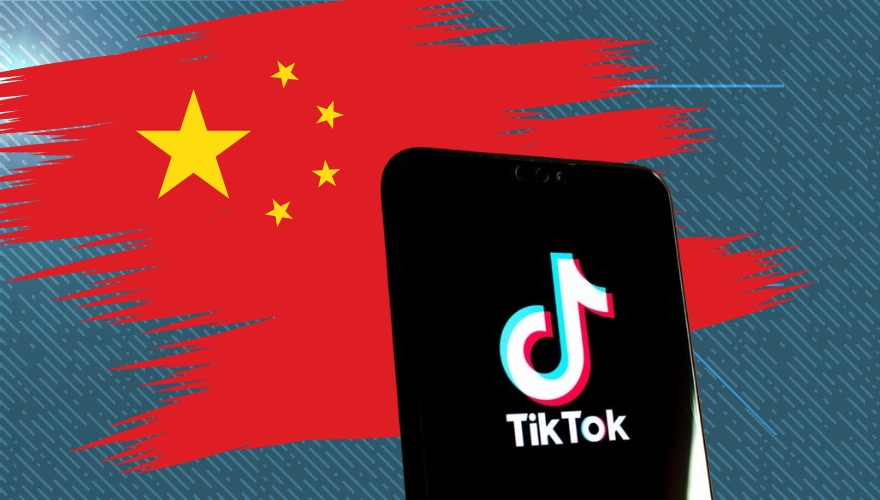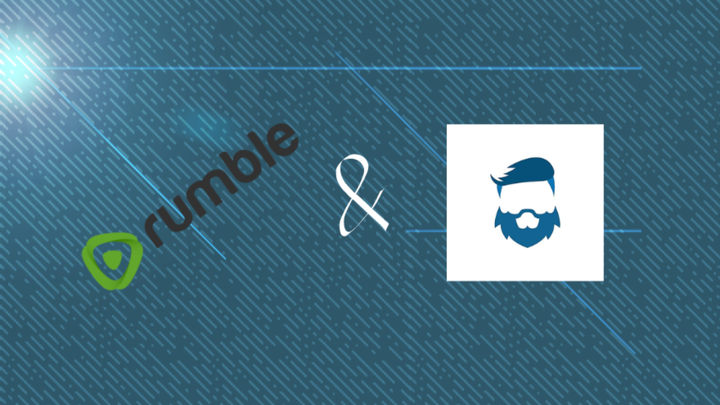TikTok has asked a federal judge to block a first-in-the-nation universal ban on the video-sharing platform from going into effect in Montana pending the legal appeal.
The ban was signed into law on May 17 by Governor Greg Gianforte and is scheduled to go into effect in January. Montana cited concerns about the platform’s data harvesting practices and a duty to ensure residents’ privacy.
While more than 20 states have banned downloading or using TikTok on state-owned networks and devices over the last year, Montana was the first state to establish penalties for companies that enable people in Montana to access the platform. TikTok or any entity like the Google Play store or the Apple app store can face a $10,000 per day fine for each time a person in the state uses the app or for each day the app is downloadable.
“TikTok, a video-sharing social media application owned by Beijing-based ByteDance Ltd., harvests expansive amounts of personal information and data from its users’ devices, much of which is unrelated to the app’s purported objective of video sharing,” said Gianforte in a statement at the time. “It is well-documented that the company provides such information and data to the Chinese Communist Party.”
Five content creators joined the platform, which is owned by the Beijing-based parent company Byte Dance, and made a separate appeal for a preliminary injunction. Both requests were filed in federal court in Missoula on July 5.
“The motions for injunctions make the same arguments as the cases against the state — that the ban is an unconstitutional violation of free speech rights and that the state has no authority to regulate foreign affairs,” reports AP News. “The company and the Montana content creators argue a preliminary injunction should be granted because the plaintiffs are likely to succeed in their challenges to the law and if the ban took effect it would cause irreparable harm by depriving them of the ability to express themselves and communicate with others.”
TikTok initially sued Montana in May after the ban became law. The company argued that the ban was not only a First Amendment violation but also overstepped the boundaries of state authority.
“Montana’s bill isn’t about making users safe, it’s about unilaterally restricting the freedom of Montanans based on nothing more than fears and falsehoods,” TikTok said in a statement on March 13. “No government, as far as we know, has ever told Americans what they can or can’t download from an app store or access on the web. This is a decision that deserves a second look.”
TikTok has repeatedly dismissed concerns about Americans’ cyber security and said it has taken steps to ensure user data collected by the app is safeguarded from being accessed by members of the Chinese government. TikTok CEO Shou Zi Chew testified to Congress that American user data is stored on servers in Virginia and Singapore.
However, the company has since acknowledged that Chew’s testimony was not a complete explanation after an investigation conducted by Forbes found “the financial information of its biggest American and European stars—including those in the TikTok Creator Fund—on servers in China.”
“We are extremely concerned that TikTok is storing Americans' personal, private data within the reach of the Chinese government,” said Senators Richard Blumenthal and Marsha Blackburn in a joint statement. “TikTok executives appear to have repeatedly and intentionally misled Congress when answering how the company secures and protects the data of Americans. TikTok’s response makes it crystal clear that Americans’ data is still exposed to Beijing’s draconian and pervasive spying regimes – despite the claims of TikTok’s misleading public relations campaign.”

